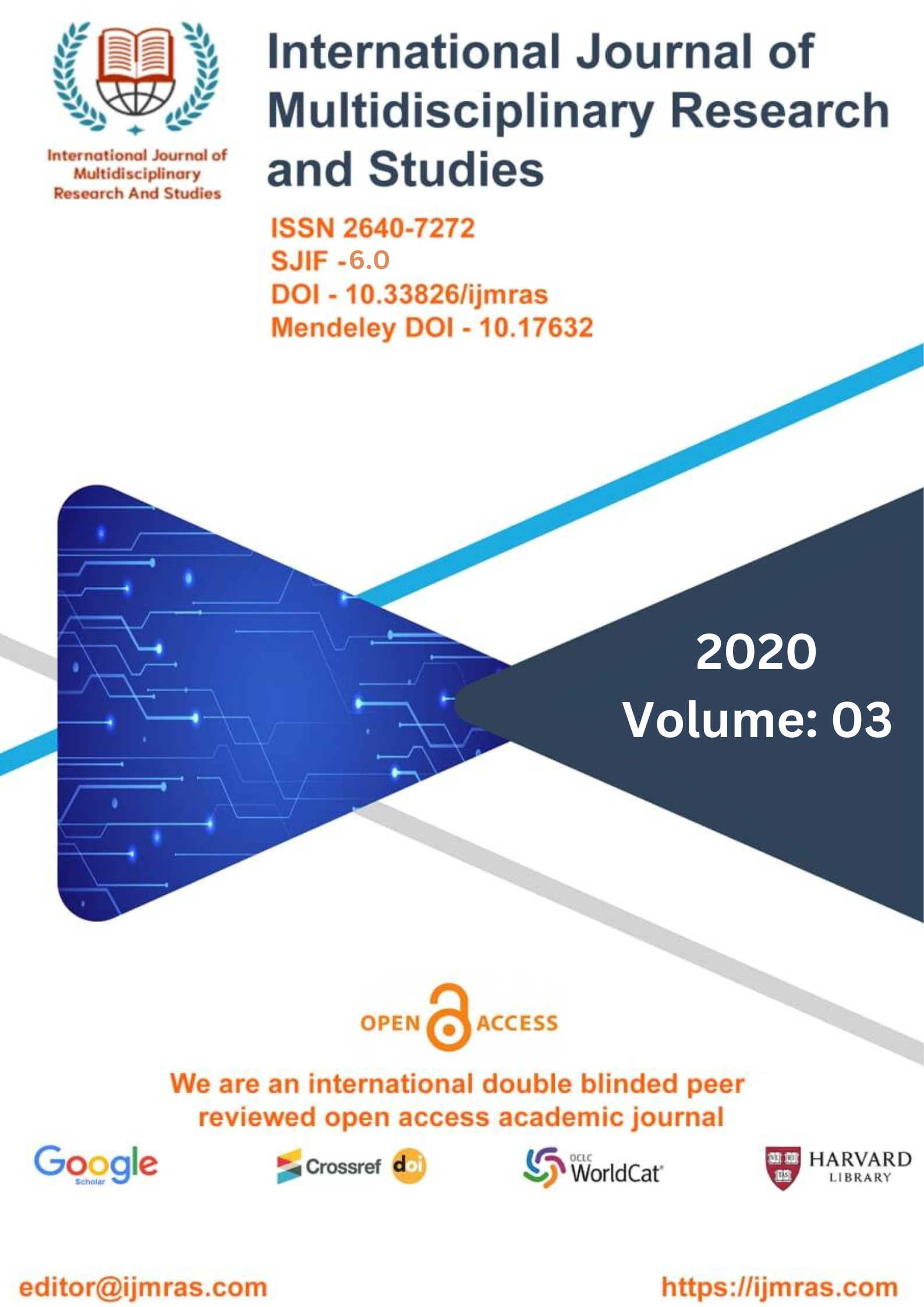INFLUENCE OF SOCIAL MEDIA ON ACADEMIC PERFORMANCE OF STUDENTS

Abstract
Today, people all across the world are commemorating the advancements that have been made in communication technology, which have increased the breadth of communication made possible by information and communication technologies (ICTs). There is no doubt that advancements in technology in the field of communication have made the whole world into a "global village." The fact of the matter is, however, that technological advancements carry with them not just beneficial but also detrimental aspects. It assists people in becoming better informed, more enlightened, and current on the latest advancements taking place across the world. The advancement of technology has shown people more efficient ways to complete tasks. Twitter, Yahoo Messenger, Facebook Messenger, Blackberry Messenger (BBM), Whatsapp Messenger, 2go Messenger, Skype, Google Talk, Google Messenger, iPhones and Androids are all examples of social networking sites. Blackberry Messenger (BBM) is another example. The majority of individuals nowadays use social networking sites to keep up with old friends and make new ones, whether those relationships be in real life or online ( Asemah and Edegoh, 2012). The rapid development of technology has had a profound impact on the globe, and as a consequence, people are increasingly turning to various forms of technology as the most effective means by which to investigate a diverse range of topics. Because of the rapid development of internet technology, it is now widely recognised as the most effective channel for communication. As a result, approximately two-thirds of the population of the globe uses the internet to visit social networking or blogging sites, which serve as a tool for communication and interaction. Social networking sites, often known as SNSs, are online communities of people who use the internet and desire to engage with other people using the internet about topics that are of mutual interest, whether it be from a personal, professional, or intellectual point of view.
Keywords
Social Media, Performance Of StudentsHow to Cite
References
Abdulahi, A., Samadi, B., & Gharleghi, B. (2014). A Study on the Negative Effects of Social Networking Sites Such as Facebook among Asia Pacific University Scholars in Malaysia. International Journal of Business and Social Science, 5(10).
A'lamElhuda, D., & Dimetry, D. A. (2014). The impact of facebook and others social networks usage on academic performance and social life among medical students at Khartoum university. International Journal of Scientific & Technology Research, 3(5), 41-46.
Al-rahmi, W., & Othman, M. (2013). The impact of social media use on academic performance among university students: A pilot study. Journal of information systems research and innovation, 4, 1-10.
Antheunis, M. L., Schouten, A. P., & Krahmer, E. (2016). The role of social networking sites in early adolescents‘ social lives. The Journal of Early Adolescence, 36(3), 348-371..
Aslanidou, S., & Menexes, G. (2008). Youth and the Internet: Uses and practices in the home. Computers & Education, 51(3), 1375-1391.
Asur, S., & Huberman, B. A. (2010, August). Predicting the future with social media.
In Web Intelligence and Intelligent Agent Technology (WI-IAT), 2010 IEEE/WIC/ACM International Conference on (Vol. 1, pp. 492-499). IEEE.
Aulls, M. W., Shore, B. M., & Delcourt, M. A. (Eds.). (2008). Inquiry in education: Overcoming barriers to successful implementation (Vol. 2). Routledge.
Baek, Y. M., Bae, Y., & Jang, H. (2013). Social and parasocial relationships on social network sites and their differential relationships with users' psychological well-being. Cyberpsychology, Behavior, and Social Networking, 16(7), 512- 517.
Barbera, L. D., Paglia, L. F., & Valsavoia, R. (2009). Social network and addiction. Stud Health Technol Inform, 144, 33-36.
Barker, V. (2009). Older adolescents' motivations for social network site use: The influence of gender, group identity, and collective self-esteem. CyberPsychology & Behavior, 12(2), 209-213.
Blais, J. J., Craig, W. M., Pepler, D., & Connolly, J. (2008). Adolescents online: The importance of Internet activity choices to salient relationships. Journal of youth and adolescence, 37(5), 522-536.
Byun, S., Ruffini, C., Mills, J. E., Douglas, A. C., Niang, M., Stepchenkova, S., & Blanton, M. (2009). Internet addiction: metasynthesis of 1996-2006 quantitative research. CyberPsychology & Behavior, 12(2), 203-207.
Chapin, J. R. (2000). Adolescent sex and mass media: A developmental approach. Adolescence, 35(140), 799.
Clarke, B. H. (2009). Early adolescents' use of social networking sites to maintain friendship and explore identity: implications for policy. Policy & Internet, 1(1), 55-89.
License
Copyright (c) 2020 MUNNA LAL

This work is licensed under a Creative Commons Attribution 4.0 International License.
Individual articles are published Open Access under the Creative Commons Licence: CC-BY 4.0.




